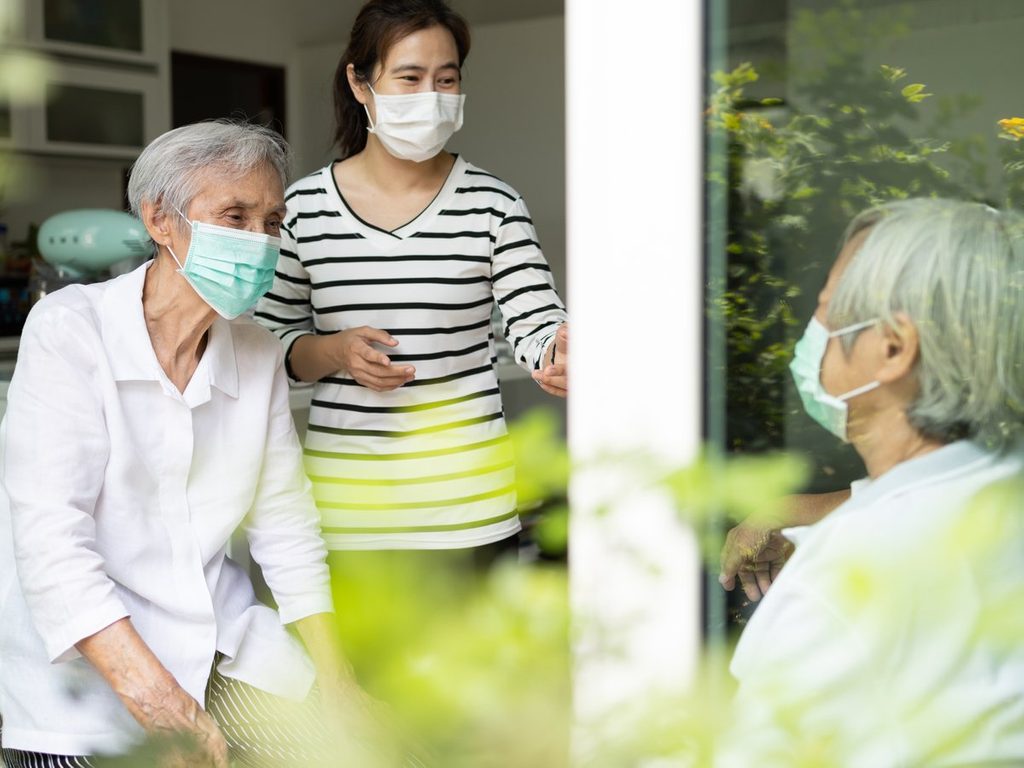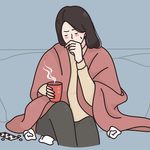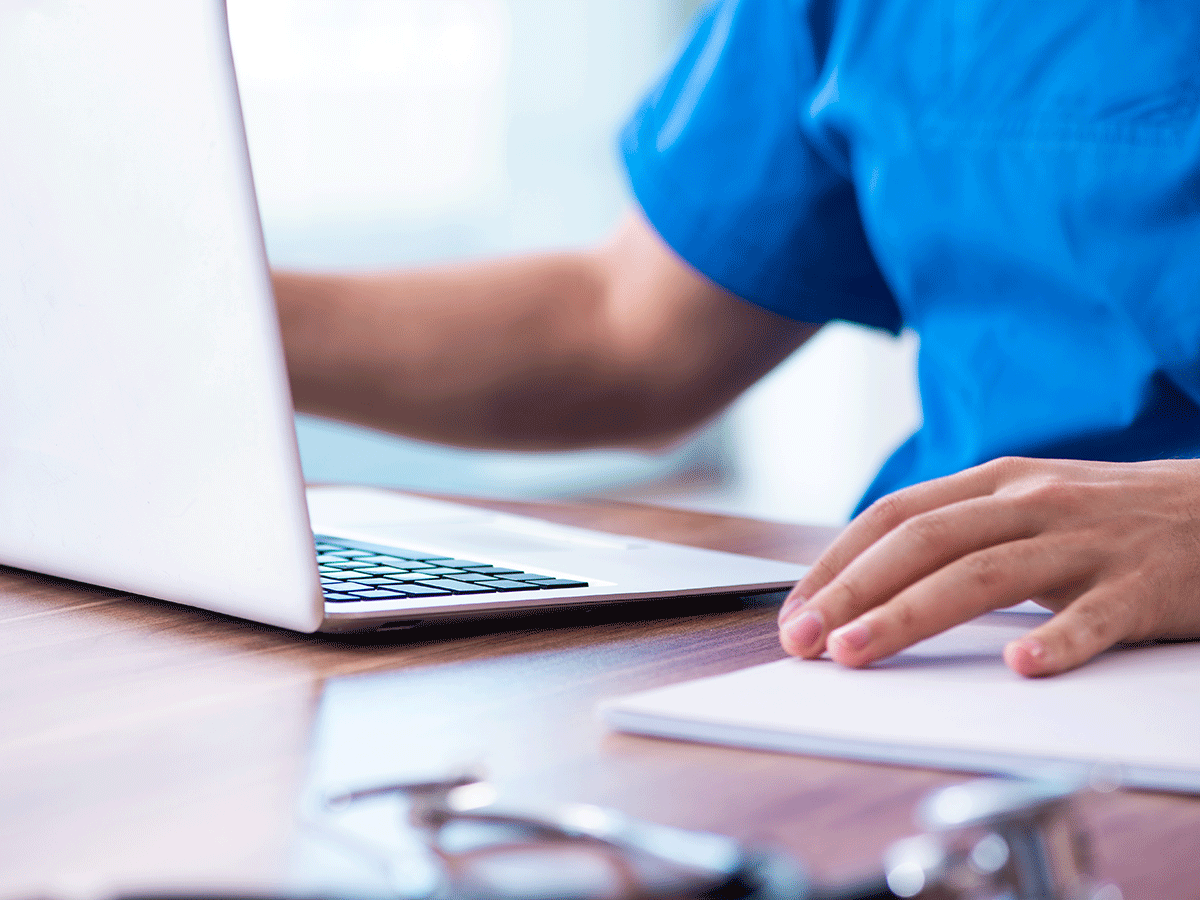What the Anti-Mask Movement Needs to Know About COVID-19

Calgary physician organizer Dr. Amy Tan explains how to clean your mask, which kind to choose and why wearing one is absolutely vital.
Most Canadians seem to agree wearing a mask in public is one of the best things we can do to prevent the spread of COVID-19. What’s the science backing that up?
In the last couple of months, a body of new scientific evidence has shown that if 80 percent of the population wears a reusable cloth mask, the spread of COVID-19 in the community decreases by 40 percent. That kind of decrease is enough to drive down the number of people an infected person will spread the virus to, so the number of cases isn’t growing exponentially. That’s extremely significant. It’s why we need a high level of public buy-in in order for masks to work.
Because my mask protects you and your mask protects me?
Exactly. We didn’t realize that in the early stages of COVID when we were still looking at masks in terms of their potential to protect the wearer, but now we know that the chief purpose of wearing a mask is not to keep the coronavirus out, but to keep your own droplets in. Based on what we know now, the virus survives and spreads via droplets of saliva that are released when we sneeze or cough, but also when we sing, cheer, laugh, or talk closely. Another early misconception was that only people with symptoms could spread the virus. That’s how it was with SARS and MERS, but now we know that with COVID-19 you can absolutely be infected and have no idea. That means everyone needs to conduct themselves as if they were a carrier.
What should I be looking for in an ideal mask?
You want something that is made from natural fibres so that it’s breathable. A mask made of tight weave, high thread count cotton is good. The more layers the better—balanced, of course, with breathability. The WHO recommends three layers of tight weave cotton or two layers with a coffee filter or a dried baby-wipe in between. Anything less than that is going to be incrementally less effective.
But I would also say don’t get too hung up on the best mask. This is not about perfection; it’s about decreased risk. One of the things we have learned more recently is that transmission has a lot to do with viral load—essentially the amount of the virus with which a person comes into contact. So if I produce 100 droplets and my mask contains 80, then your risk—both of getting the virus and how severe a case—is a lot less significant. Wearing a bandana is definitely better than wearing nothing.
What can you tell us about proper mask cleaning protocol?
You want to wash your mask daily at the end of the day. Some people sterilize them, which is fine but not necessary. A washing machine is ideal but you can also just use soap and water, in the same way that you would wash your hands. Always wash your hands before you touch your mask, and only touch it by the loops.
If mask wearing is about containing droplets, why is washing every day necessary? Presumably, I don’t need to be protected from my own droplets.
That’s true, but there are a few reasons. If an infected person was talking to you and some of their droplets got on your mask, you wouldn’t want to get infected that way. We don’t know how long COVID-19 can survive on surfaces, but definitely it’s better to be safe and be as hygienic as possible.
So then wearing a mask might also keep other people’s droplets out?
I know, it’s confusing. And part of that is because the science is constantly evolving. That’s not a bad thing. That’s how scientific discovery works. We know that the main reason we wear masks is to contain our own droplets, but there is some evidence to suggest that mask wearing can decrease your chances of exposure.
For those of us whose laundry hampers have been full since spring, are disposable masks a good option?
The white and blue disposable masks that you see a lot of people wearing are effective in terms of capturing droplets. We recommend reusable cotton because it’s better for the environment and it’s a lot more cost-effective than having to constantly replenish your supply.
What about face shields—the clear full face visors that you see on a lot of service industry workers. Are those more safe? Less safe?
We don’t have head-to-head or directly comparative studies, but there is anecdotal evidence that looks at restaurant employees who wore masks vs. those who wore shields and it’s the employees who wore shields who got infected. The shields that I’ve seen aren’t sealed at the bottom, so it’s possible that is the issue. What shields do provide though is eye protection, which is a powerful entry point. So if you wanted to be as protected as possible, that might be face shield and face mask.
How important is it that your mask covers your nose?
Very important. Droplets can come from your nose as well as your mouth. My big tip is to look for a mask that fits your nose—tight without being uncomfortable—so that you don’t have to worry about it falling down all the time. I really like a bendable adjustable nosepiece which really help with slippage, but everyone has different preferences. People think it’s a one-size-fits-all and they try one mask and it’s uncomfortable and they just give up, but that’s not how it works. If you wear glasses, you understand. It’s not like most of us buy the first pair of glasses we try on. It takes a little time to find the pair that works on your face; you may have to make some adjustments.
What about the masks with the little valves on the side?
Don’t use those ones. That’s an exit valve to help you breathe more easily, but it’s also how your droplets can escape. Those masks are intended for industrial use, and to protect you from things like drywall dust.
And the ones intended for front line workers. Should regular folk be sporting those masks?
Please don’t. Those masks are intended for medical professionals. The other thing is that if you work in a profession that requires medical-grade PPE, you get fitted every year or so. If the mask isn’t fitted to your face, the seal isn’t effective, so there’s not much of a point.
I’ve heard of people wearing masks in their own homes. Is that a little over the top?
If a person is sick in a house or in a house with multigenerational families there might be some benefit. With outbreaks we tell people to self-isolate and to not share a bathroom, but not everyone has that option. In cases where you are at greater risk, a mask offers an extra layer of protection. If you are in a secure bubble, you probably don’t need to wear a mask in your home. But if you invite guests inside your home who aren’t in your bubble then you should definitely all wear masks. I wouldn’t recommend seeing people outside of your bubble in your home or in any indoor space, but if you are going to do that, a mask is risk mitigation. (Here are some helpful tips for wearing a face mask in hot weather.)
Masks during sex: Yay or nay?
If your partner is in your bubble it’s not necessary, but if it’s something more casual, not somebody you’re living with, then definitely. As far as we know, COVID-19 is not an STD, so it’s kissing and any other saliva exposure that is the high risk behaviour.
When we are on the other side of this pandemic (knock on wood!), will mask wearing become more of a normal day to day activity in North America the way it is in many Asian cities?
I don’t know if it will be something that is embraced by the entire population—maybe during flu season—but what I do hope is that it becomes a normalized reaction when, and if, we encounter another SARS or COVID-19, which I really hope is not any time soon. In Hong Kong, they started masking as soon as they saw what was happening in Wuhan. And even in Richmond, B.C., which is my hometown and which has a large population of Asian Canadians, there was a lot less resistance. I think if we hadn’t been arguing about whether masks are helpful in May and early June, that would have made a significant difference. I hope we will learn from this uphill battle.
Are you surprised there is still a small but vocal minority who are anti-mask from a civil liberties perspective?
I think from a civil liberties perspective, wearing a mask is a ticket to your freedom. If you wear one you can hang out with the people you want to hang out with, you can go to many of the places you want to visit. Wearing a mask is a very small ask and it’s not as if we aren’t used to abiding by laws that protect our safety. We all wear seatbelts.
What is the most ridiculous fake news you have heard from the anti-mask camp?
Probably that they cause restricted oxygen flow. That’s not true. If it were, health care professionals like myself would be passing out while we do our jobs on a daily basis.
Next, find out the best way to keep a clear complexion while wearing a face mask.




